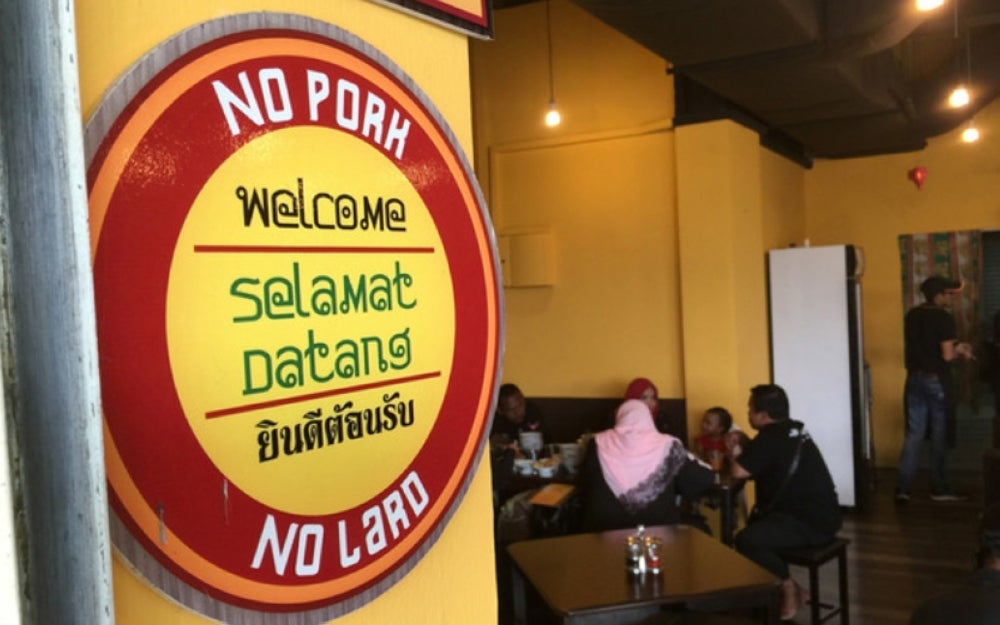'Pork free' label not guaranteed halal

SHAH ALAM - The Department of Islamic Development Malaysia (Jakim) has asked consumers to be more aware of businesses or restaurants with “pork free” labels that do not have a Malaysian Halal Certification (SPHM).
Jakim Halal Management Division chief assistant senior director Mohd Fakarudin Mas’od said having free from alcohol or pork labels were not proof that their products were safe for Muslims to consume as they did not have the halal logo from Jakim.
“Many restaurants in shopping centres use the term “pork free” when they do not have a halal logo. It is more worrying that they will still place Muslim workers in front of the counter to mislead the public. This will confuse customers.
“Even though they are not selling pork or liquor, the ingredients used are still questionable especially when they use preservatives or powders from meat that are not slaughtered.
“Without a halal certificate or halal recognition from Jakim, who can confirm that the ingredients used meet the halal criteria that can be consumed by everyone?. Therefore, business owners need to be responsible when they claim that their business is “pork free”, he told Sinar Premium.
Mohd Fakaruddin also called on business owners to obtain a Jakim halal certificate which will be an added value to their products and in addition, business owners would not have to worry about customers having doubts anymore.
“When they have the halal stamp, it will be an added value for their business as it is recognised and could claim that the products sold are clean and indeed halal.
“Halal is not just a system, but it involves the entire process from the smallest ingredients, the way the food is prepared, the kitchen environment and workers must always be clean and well-maintained. Anyone who misuses a halal certificate will be fined between RM500,000 to RM1 million and could be jailed.
“After obtaining a halal certificate, big companies would usually appoint a halal executive who will take care of the halal affairs in restaurants. This shows our commitment in maintaining the halal quality even though they have already obtained a certificate,” he said.
Commenting on the claim that there were more than 20,000 products owned by the non-Bumiputeras with halal status from Jakim compared to Bumiputera-owned products, Mohd Fakarudin said the matter should be viewed holistically.
“Perhaps there are fewer Muslim businesses overall than that of non-Muslims and most of their businesses are more on services that do not require halal certification.
“Halal certification goes back to the concept. It is not mandatory and is more voluntary.
“But if there is a need to do so, they should do obtain the certificate,” he said.













